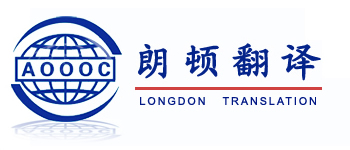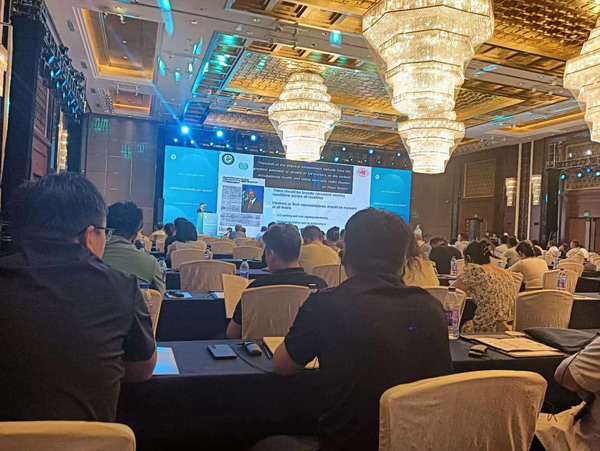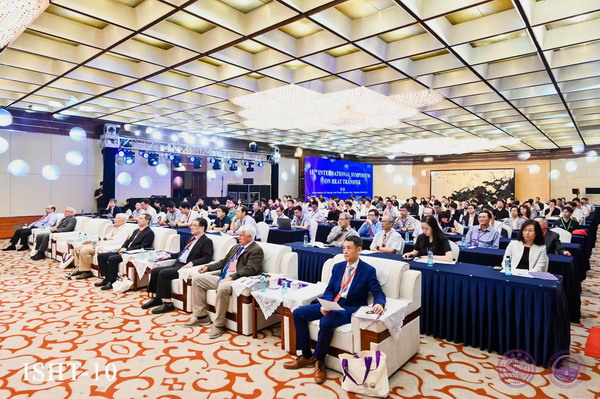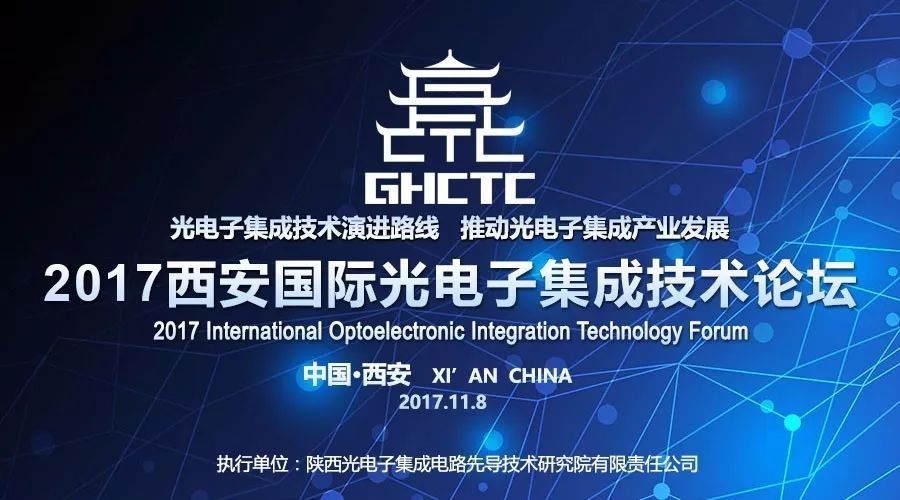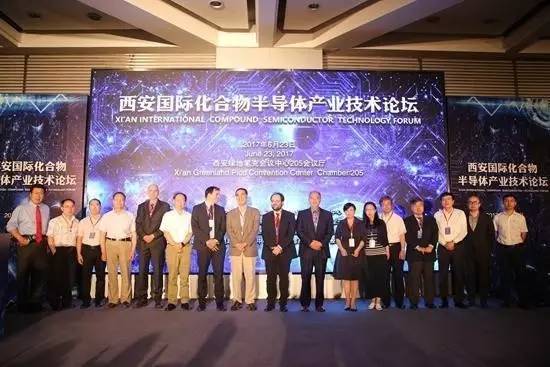Germany’s carmakers face a tough new reality. A sector that employs some 800,000 people and dominates global sales of luxury cars has long been an object of national pride: not just a symbol of the country’s postwar industrial success, but more or less synonymous with Germany Inc.
德國(guó)汽車制造商正面臨著嚴(yán)峻的新現(xiàn)實(shí)��。雇用約80萬名員工、主導(dǎo)全球范圍豪華汽車銷售的德國(guó)汽車工業(yè)�����,長(zhǎng)期以來一直是德國(guó)的驕傲:不僅是德國(guó)戰(zhàn)后工業(yè)成就的象征�,而且或多或少已成為德國(guó)企業(yè)界的代名詞�����。
Politicians have been swift to defend its interests, but the backlash against diesel is changing attitudes. At a national “diesel summit” in Berlin on Wednesday, carmakers pledged to upgrade 5m cars to reduce harmful emissions. That promise may not be sufficient. In the past week, the government has ordered a recall of a Porsche model found to contain emissions-cheating software. Amid popular discontent, Conservative politicians are preparing to drop their opposition to class action lawsuits of the kind that Volkswagen has faced in the US.
雖然政治人士已經(jīng)迅速行動(dòng)起來保護(hù)德國(guó)汽車業(yè)的利益���,但“柴油車排放門”引起的強(qiáng)烈反彈正在造成態(tài)度轉(zhuǎn)變�����。在周三柏林舉行的全國(guó)“柴油車峰會(huì)”上���,各大汽車制造商承諾對(duì)500萬輛柴油車進(jìn)行升級(jí),以減少有害氣體排放���。這一承諾可能不夠����。過去一周,德國(guó)政府下令召回一款發(fā)現(xiàn)裝有排放作弊軟件的保時(shí)捷(Porsche)車型����。在公眾普遍不滿的情況下,保守派政治人士正準(zhǔn)備放棄反對(duì)大眾(Volkswagen)在美國(guó)面臨的那類集體訴訟��。
As serious as the debate over the industry’s proximity to government are claims that carmakers have also been too cosy with each other. As the magazine Der Spiegel reported last month, the EU Commission has launched a cartel investigation into VW, Daimler and BMW, as well as VW units Porsche and Audi, which have been meeting regularly in working groups since the 1990s to discuss technology and components ranging from brakes and clutches to diesel emissions cleaning systems.
汽車業(yè)與政府的親密關(guān)系引起激烈爭(zhēng)論��,各大汽車制造商之間走得太近同樣引起強(qiáng)烈指責(zé)����。《明鏡周刊》(Der Spiegel)雜志上月報(bào)道稱��,歐盟委員會(huì)(European Commission)對(duì)大眾���、戴姆勒(Daimler)���、寶馬(BMW)以及大眾旗下的保時(shí)捷和奧迪(Audi)發(fā)起了一項(xiàng)卡特爾調(diào)查。自上世紀(jì)90年代以來���,這些車企一直以工作組的形式定期召開會(huì)議���,就技術(shù)和部件(從剎車片���、離合器到柴油排放過濾系統(tǒng))進(jìn)行討論。
The financial consequences could be considerable, if the five companies are found to be in breach of EU competition rules. Beyond the possibility of fines or reputational damage, though, the investigation raises questions over the unusually collaborative nature of German corporate culture, which has been a key ingredient in its manufacturing and export success.
如果這五大車企被發(fā)現(xiàn)違反了歐盟的競(jìng)爭(zhēng)規(guī)定���,財(cái)務(wù)上的后果可能相當(dāng)嚴(yán)重。然而�����,除了可能的罰款及聲譽(yù)損失外�����,這項(xiàng)調(diào)查還引發(fā)了對(duì)德國(guó)企業(yè)文化中不尋常的協(xié)作性的質(zhì)疑����。這種協(xié)作文化一直是德國(guó)制造業(yè)和出口成功的關(guān)鍵因素。
Germany industry is widely admired for its success in building long-term relationships with suppliers and research institutes. Companies also have a long tradition of co-operating with others in the same sector to boost efficiency and international competitiveness. Such collaboration can be both acceptable and desirable, if it helps to set standards, drive innovation, ensure interoperability and bring down costs for consumers.
德國(guó)工業(yè)在與供應(yīng)商和研究機(jī)構(gòu)建立長(zhǎng)期關(guān)系方面取得的成功受到了廣泛贊譽(yù)�����。德國(guó)企業(yè)也有與同行業(yè)競(jìng)爭(zhēng)對(duì)手合作以提升效率和國(guó)際競(jìng)爭(zhēng)力的悠久傳統(tǒng)����。此類協(xié)作既是可接受的�����,也是可取的——如果有助于確立標(biāo)準(zhǔn)���,推動(dòng)創(chuàng)新,確保協(xié)同操作性以及為消費(fèi)者降低成本���。
The question is whether this culture of collaboration made the companies involved more liable to cross the line into collusive, anti-competitive practices. BMW contests any such suggestion, saying it co-operates only on components that do not affect brand differentiation. However, Daimler and VW — which both volunteered information to regulators — are clearly worried that some parts of their discussions may not stand up to close scrutiny.
問題在于���,這種協(xié)作文化是否已經(jīng)令參與的企業(yè)更易于越界進(jìn)行共謀和反競(jìng)爭(zhēng)活動(dòng)。寶馬反對(duì)任何此類暗示���,稱其只在不影響品牌差異化的零部件方面進(jìn)行合作����。然而�,戴姆勒和大眾——兩家公司都已自愿向監(jiān)管機(jī)構(gòu)提供信息——顯然擔(dān)心他們的一些討論可能經(jīng)不起仔細(xì)審查。
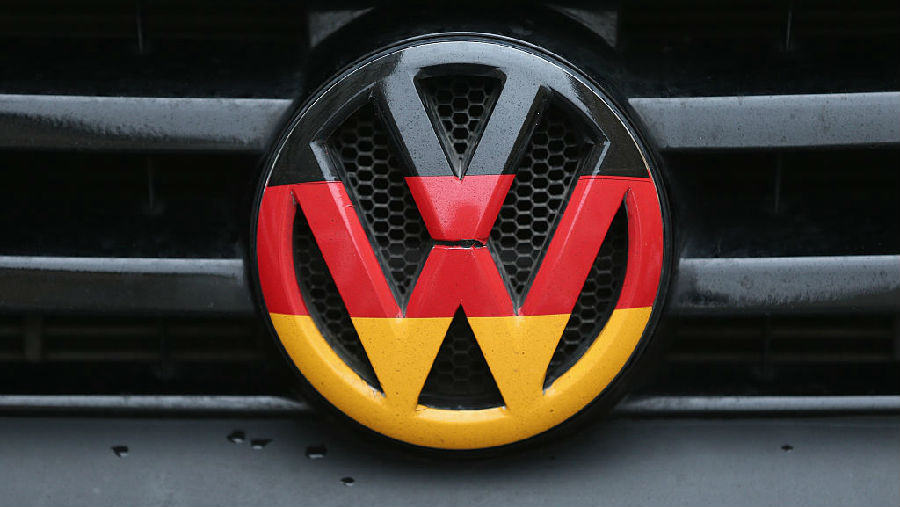
The extent of wrongdoing — in particular, any attempt to fix prices — is unproven.However, the exclusion of foreign rivals looks suspicious, and allegations that the companiesagreed to purchase emissions cleaning systems that have turned out not to be adequate inreal-world driving conditions are worrying. The hope must be that the commission holds thecompanies to account for past practices, and gives clarity on the limits to collaboration forthe future. That matters for other sectors in Europe as well as Germany’s auto industry.
不當(dāng)行為的程度——尤其是任何操縱價(jià)格的企圖——并未經(jīng)證實(shí)�。然而,排擠外國(guó)競(jìng)爭(zhēng)對(duì)手的嫌疑似乎存在��,而且對(duì)于這些車企同意購(gòu)買在實(shí)際駕駛環(huán)境中被證明效果不足的排放過濾系統(tǒng)的指控令人擔(dān)憂。希望歐盟委員會(huì)能讓這些車企對(duì)他們過去的做法承擔(dān)責(zé)任���,并就未來協(xié)作的限度給出明確說明��。這對(duì)歐洲其他行業(yè)以及德國(guó)汽車業(yè)都很重要�。
Having bet heavily on diesel, Germany’s carmakers need to press ahead with electric technologyand to adapt their businesses to the rise of car sharing. This is not only a challenge for them.In a heavily regulated industry, politicians and governments have to facilitate the retreat fromdiesel. But even when the pressure of the autumn federal election has eased, an angry publicis unlikely to let automakers shirk responsibility.
曾大舉押注柴油車的德國(guó)汽車制造商需要推進(jìn)電動(dòng)汽車技術(shù)���,并使自身業(yè)務(wù)適應(yīng)共享汽車的興起。這不僅對(duì)他們而言是一項(xiàng)挑戰(zhàn)�����。在這個(gè)受到嚴(yán)格監(jiān)管的產(chǎn)業(yè)�,各國(guó)政治人士和政府必須促進(jìn)柴油車的淘汰。但即便今秋德國(guó)聯(lián)邦大選的壓力有所緩解�,憤怒的公眾也不大可能讓汽車制造商逃避責(zé)任。

